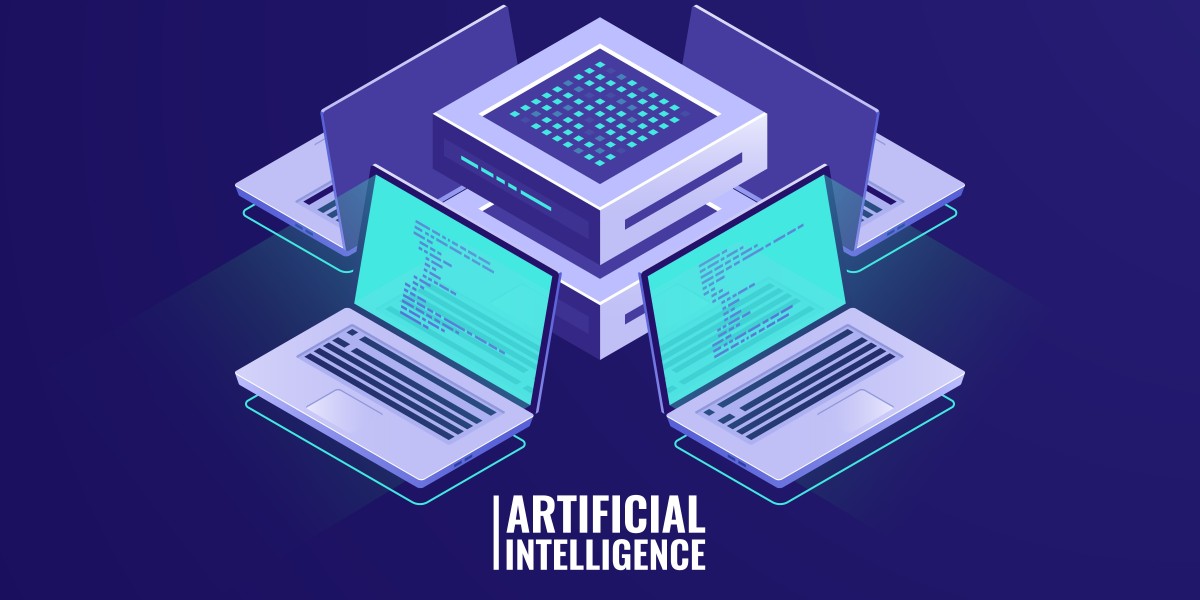While early use cases focused on decentralization and financial applications, the future demands a more intelligent and privacy-conscious infrastructure. Enter the AI-powered, privacy-first blockchain, a paradigm that blends artificial intelligence, decentralized systems, and advanced cryptography like zero-knowledge proof (ZKP) to redefine digital trust.
The Need for Privacy in a Transparent World
Transparency is one of blockchain’s defining characteristics, but full visibility can become a liability in contexts involving personal or sensitive information. Financial records, medical histories, or identity credentials cannot be shared openly on a public ledger without risking security breaches and compliance violations. This is where zero-knowledge proof comes in. ZKP allows verification without disclosure—users can prove they meet conditions (such as being of legal age or possessing sufficient funds) without revealing any other details.
This balance between verification and confidentiality makes ZKP indispensable for industries that require both compliance and data protection. By embedding ZKP into blockchain architecture, networks can evolve into privacy-first systems without losing their inherent transparency and accountability.
How AI Enhances Blockchain’s Potential
While ZKP secures privacy, AI adds intelligence and adaptability to blockchain ecosystems. AI algorithms can process massive amounts of data, detect anomalies, and even optimize consensus mechanisms. This is particularly valuable for decentralized networks, which often face challenges like transaction congestion, energy inefficiency, and slow processing times.
For example, AI can:
Detect fraudulent activity by identifying unusual transaction patterns.
Improve resource allocation in proof-of-stake or proof-of-work systems.
Automate governance decisions through predictive analytics.
When paired with ZKP, these AI-driven insights can be executed without exposing sensitive data, ensuring that intelligence is applied responsibly in a privacy-first framework.
Privacy-First Use Cases
The convergence of blockchain, AI, and ZKP opens the door to transformative applications across industries:
Decentralized Identity: Users can verify identity credentials without revealing personal data, enabling secure logins, voting systems, and digital citizenship programs.
Healthcare Data Management: Patients can share proof of medical conditions or test results with doctors or insurers without disclosing full medical histories.
Financial Compliance: Banks and regulators can verify compliance (e.g., anti-money laundering rules) while maintaining client confidentiality.
Supply Chain Transparency: AI can trace goods from production to delivery, while ZKP ensures that proprietary data remains confidential.
These examples highlight how a privacy-first blockchain can foster trust across both consumer-facing and enterprise-grade systems.
Addressing Scalability and Efficiency
Scalability has long been one of blockchain’s bottlenecks. AI offers optimization by predicting network congestion and reallocating resources dynamically. At the same time, ZKP-based solutions such as rollups compress transaction data, reducing the burden on the base chain without compromising security. This dual approach enables blockchains to handle higher transaction volumes while maintaining speed and efficiency.
In this way, AI and ZKP are not just add-ons to blockchain—they are essential tools for building networks that can scale sustainably while respecting privacy.
Beyond the Hype: The Future of Digital Trust
The phrase “beyond the hype” reflects a growing recognition that blockchain’s future lies not in speculative markets but in practical, scalable, and trustworthy applications. The AI-powered, privacy-first blockchain is more than a technical upgrade—it is a new model of digital trust.
Blockchain provides transparency and immutability.
AI introduces intelligence and adaptability.
Zero-knowledge proof (ZKP) ensures privacy and confidentiality.
Together, these three components form a holistic infrastructure that aligns with the needs of modern society. From protecting personal rights to enabling global-scale decentralized systems, this model represents a significant step forward in digital innovation.
Conclusion
The next phase of blockchain evolution demands more than decentralization—it requires intelligence, privacy, and scalability. By combining AI with zero-knowledge proof (ZKP), blockchain can transition into a privacy-first, trust-centric model that supports real-world applications without sacrificing efficiency or confidentiality. Beyond the hype, this convergence represents the blueprint for a more secure and intelligent digital future.








